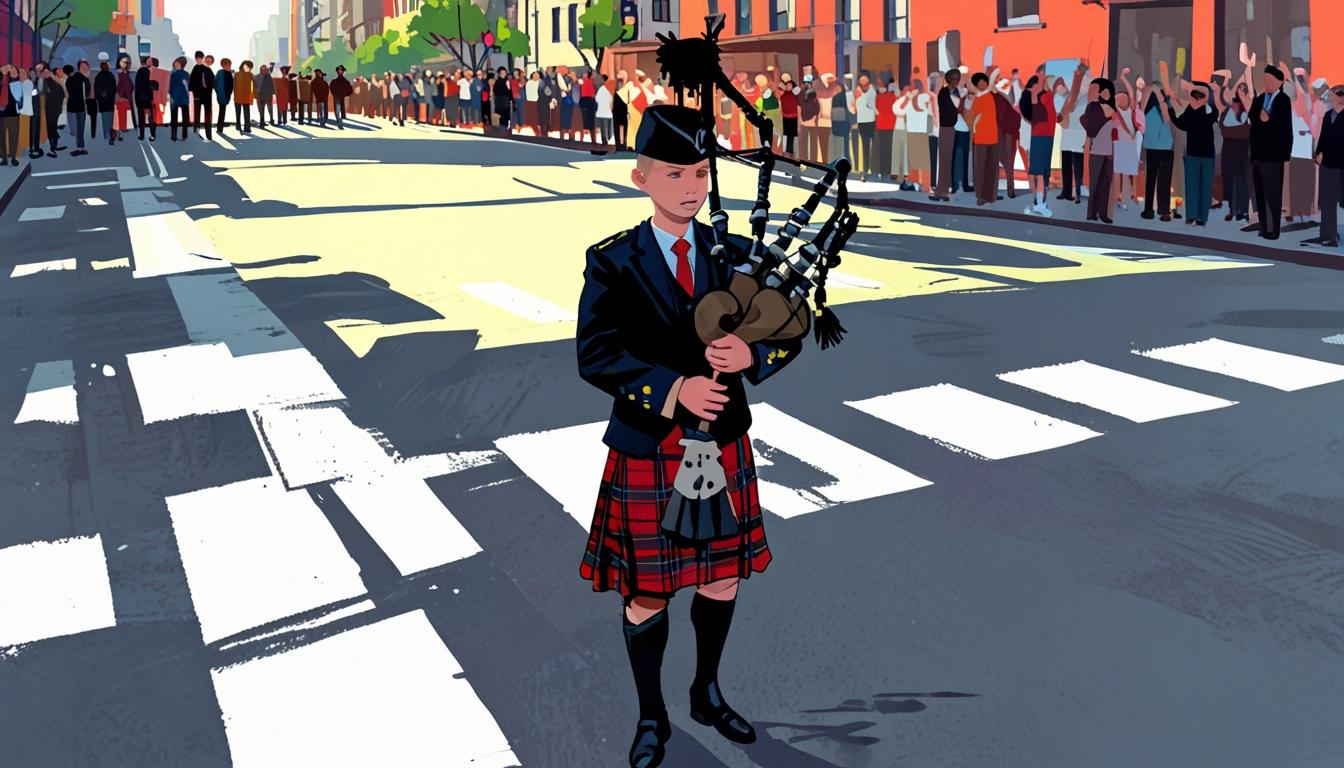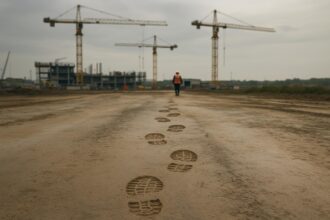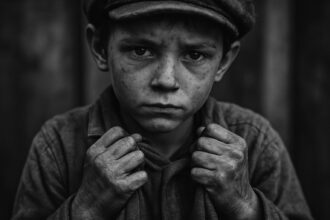The recent Tartan Week parade in NYC prompts scrutiny as Scotland faces financial difficulties, highlighting the disconnection between celebratory events and pressing domestic issues.
The recent Tartan Week parade in New York City, ostensibly a celebration of Scottish culture and heritage, has drawn scrutiny amidst Scotland’s mounting financial difficulties. As approximately 3,500 marchers brought their festive spirit to the streets, led by First Minister John Swinney, the lack of onlookers raised eyebrows, evoking imagery of a paltry turnout at a junior Scottish cup match rather than a thriving celebration of national pride.
Critics have been swift to question the utility of such lavish spectacles when Scotland is grappling with soaring council taxes and income tax rates that surpass those in England. The event, rather than serving the interests of everyday Scots, appears more directed towards enhancing the profiles of politicians, who seem far removed from the realities facing the populace today.
Alan Cumming, the grand marshal and Perthshire actor, epitomized Scottish tradition as he presided over the festivities. However, his assertions that it was “ironic” for New Yorkers to protest the US government while reveling in Scottish heritage have not sat well with many. Detractors have pointed out that his comments overlook urgent issues back home, such as the impending closure of Grangemouth, Scotland’s last oil refinery, where workers are currently facing profound uncertainties about their jobs and livelihoods.
Cumming’s reverence for Scottish legacy and culture stands in stark contrast to a growing sentiment that popular Scottish figures are prioritizing international discussions over the dire situation within their own nation. This tendency, often associated with the so-called “progressive and luvvie left,” has been criticized for their neglect of pressing domestic concerns, including the high rates of child poverty that continue to plague Scotland. The First Minister’s promises to address these issues ring hollow when juxtaposed against the backdrop of international parades that seem to celebrate symbolic victories rather than actionable solutions.
In summary, while the Tartan Week parade may have offered a vibrant showcase of Scottish identity in the heart of New York City, it has ignited a broader conversation about the obligations of public figures and the real-life consequences of such events against a backdrop of Scotland’s socio-economic strife. Ultimately, this ongoing dialogue underscores a critical need for genuine engagement with the pressing issues at hand, rather than the performative politics that too often dominate the narrative.
Source: Noah Wire Services
- https://nyctartanweek.org/about-us/ – This source provides background on the NYC Tartan Day Parade, detailing its inception and its role in celebrating Scottish heritage, which aligns with the article’s mention of the parade as a celebration amidst scrutiny.
- https://www.vacourts.gov/courts/scv/rulesofcourt.pdf – Although not directly related, this document illustrates the challenge of maintaining legal and financial stability in Virginia, echoing the sentiment in the article regarding financial challenges faced by Scotland.
- https://en.wikipedia.org/wiki/Tartan_Day – This Wikipedia entry outlines the history and significance of Tartan Day, including its recognition by the U.S. Senate, which supports the article’s assertion of Tartan Week’s cultural impact despite financial difficulties in Scotland.
- https://www.courts.michigan.gov/4903ae/siteassets/publications/benchbooks/cvrb/cvrb.pdf – Similar to the Virginia court documents, this source on Michigan court processes reflects the broader context of legal and financial frameworks that are relevant to understanding fiscal difficulties, connecting to themes in the article.
- https://nyctartanweek.org – The official Tartan Week site offers updates and events related to the celebrations, reinforcing the article’s point about the parade’s significance and the festive atmosphere, contrasted with the economic challenges faced by Scotland.













